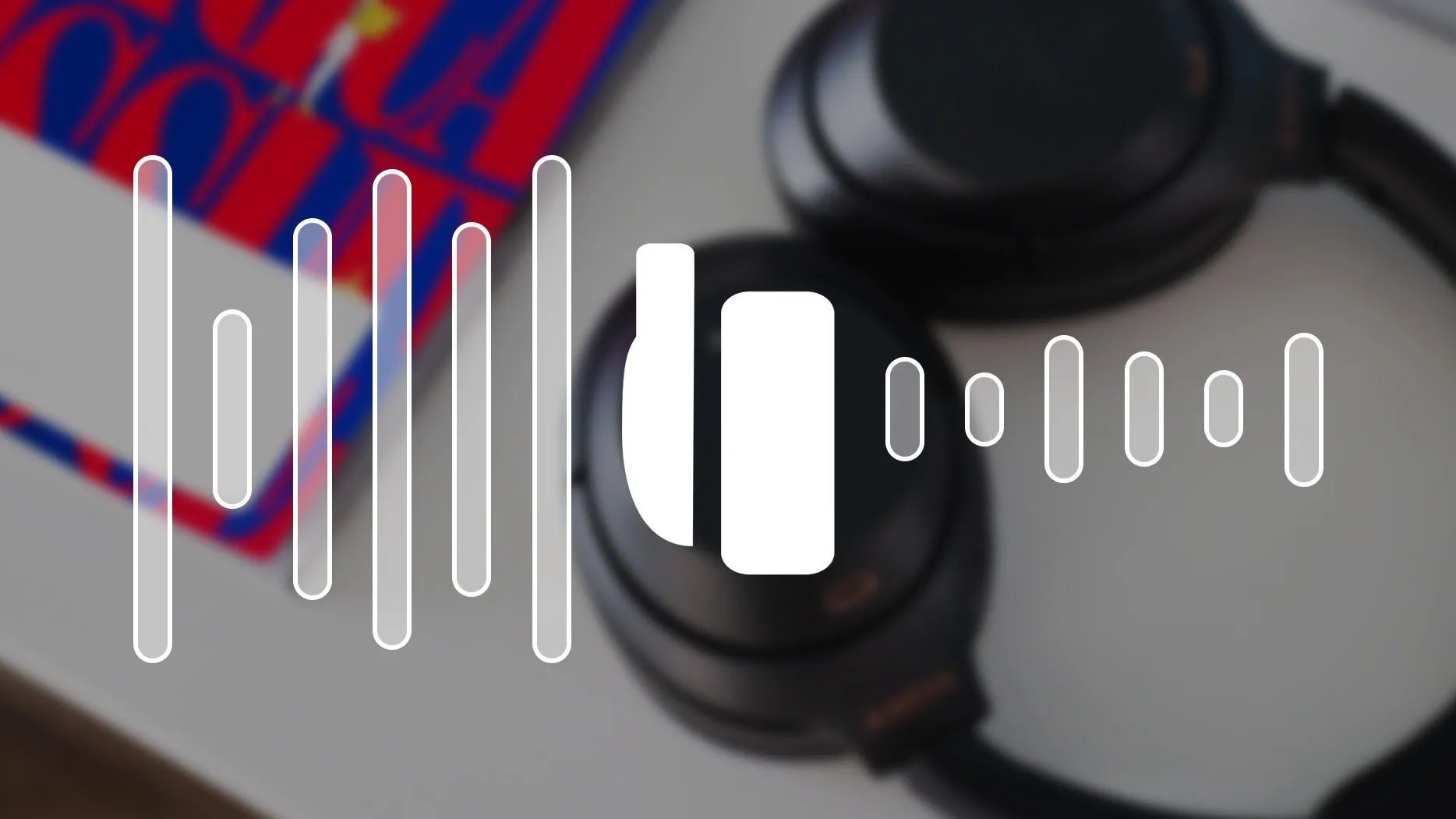Noise-Cancelling and Why It Works for Me

Ever since I've entered the professional workforce almost 2 years ago, I've witnessed how dynamic the modern work environment could be. There are different office layouts for each company, and people in higher positions could be placed in several places.
In the first job I've worked in, it fulfilled most of the stereotypes I had about the modern work environment—employees of each department are segregated from one another, a cubicle-style layout is enforced, the manager and admins have their own room, kids are allowed to be brought along (but they should be managed), and silence is usually key.
However, upon working at my second job, it made me realize that office layouts can vary wildly from company to company. For one, we have an open office plan. There are no barriers amongst ourselves. Another thing our office does differently is that all of the "top brass" in our company are sat alongside regular personnel, with no rooms of their own. Lastly, kids are allowed to be brought in and are free to roam around our office (oftentimes, they also play around).
At a cursory glance, you might come to the conclusion that my workplace must have a lot of noise—and you're right, it does get a little too loud. While there are times when silence is enforced, the number of times where it is broken is too many to count in a given week.
So, naturally, I had to pull the plug and tune out.
Decreasing the Decibels
Full disclosure, I am honestly not the type of person that handles loud noise very well. I grew up in my own room and the sound in my home is quite low. There weren't a lot of children (if at all) either, so I'm not well-suited to the sound of children playing around. Additionally, loud noise makes me more irritable, especially when working. And I can't stand people who talk loudly or laugh too loud.
More often than not, whenever I hear people talking, I suddenly shift some of my focus to their conversation. Not because I want to be privy in their exchange, nor do I want to drop-in on their conversation, but rather I just can't help but listen whenever people talk at an audible level for me.
As much as possible, I'd like to keep the ambient sound around me to a low. I would prefer a quiet environment that allows me to focus and I'm surely not alone in this thinking. There are a number of listicles, research, and academic papers on how the sound of your surroundings affect you while working.
In the research I've done for this piece, I found that some ambient noise is okay (and absolute silence could be helpful), but there is a certain threshold at which the loudness can affect you.
Loud Sound All-Around
Still, that's not to say that the environment I grew up in values silence, as it's often quite the opposite of it. Metro Manila is quite a busy, bustling, and noisy place. You could often hear the passage of the train, the shouting of jeepney barkers, and the plethora of engine noise made by vehicles.
At home, too, there isn't a silent moment. We don't have air conditioning in my house, meaning that an electrical fan is always humming in the background. Some dogs may bark in the distance. We live near a basketball court, too, so I often hear the sounds of cheering, whistles, and announcers.
But I've mostly grown accustomed to those and expect them in my day-to-day. What's more, I hear those kinds of sound at a distance, several feet away. At our (somewhat cramped) office space, the noise is, quite literally, a little too close for comfort.
Listening to What Matters
Like most people, I employ some kind of tactic to drown out the sound of my surroundings. I usually listen to just music these days, but in my former workplace, I could run my brain on "autopilot" and listen to podcasts.
With my new job as a programmer, however, mindfulness when coding is key. You have to be careful of how you structure your code, write meaningful function and variable names, and process data accordingly—tasks that don't really allow your brain to just "run on autopilot."
As I've said, I listen to music these days and they're mostly of the vocal type (some, even of the Vocaloid type, haha). You can actually check out my Last.fm profile and see which times of the day I listen to music the most.
If it has a good beat and can get me into the mood, I'm sold. I often like to listen to some old pop songs from my years in high school to boost my mood, I even have a Spotify playlist of it.
The Tool for the Task

I've recently purchased the Sony WH-1000XM3 for my birthday, as a gift to myself for dealing with all the noise in my life thus far and as a way of blocking out the ones moving forward. It has been absolutely phenomenal and I can certainly vouch for its noise-cancelling features. It allows me to live in my own bubble isolated from my environment and to zone out into my imagination with accompanying music.
This week was my first full work week with the headphones and I don't think I can work a day without it. I smiled so much when I saw someone presenting a few feet away from me and I absolutely couldn't hear what they were saying as I continued to code. It was like having the entire environment on mute.
Needless to say, this pair of headphones is always coming along with me for work and in my weekend commutes. I've definitely felt happier and less stressed after having bought these.
Lastly, the headphones also made me consider high-fi audio and take it seriously. Sure, audiophiles might laugh at me considering my current DAC-less and amp-less setup, but I'm now starting to get into an audiophile, quality-first audio setup. These headphones didn't make me "open my eyes" to the world of being an audiophile but it sure made me open my ears to it.
And with that, I end my piece. I suppose the takeaway for this is that I've canceled out the ambient noise around me and opened up my ears to the music in front of me.
